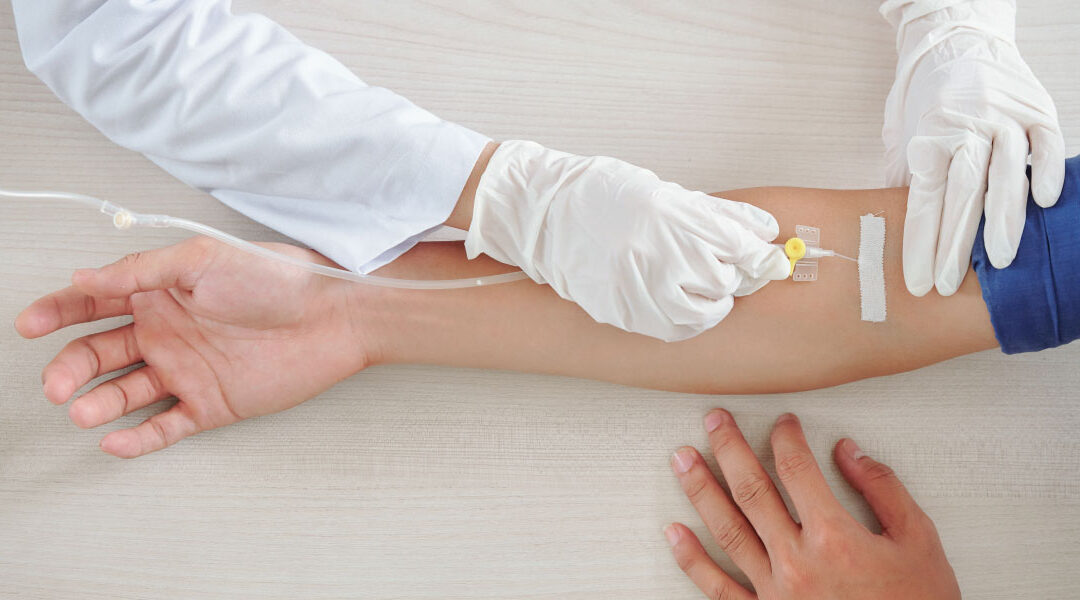PSTD disorder is a severe mental health condition that can affect anyone. It’s a type of anxiety disorder that causes…
Read More

PSTD disorder is a severe mental health condition that can affect anyone. It’s a type of anxiety disorder that causes…
Read More